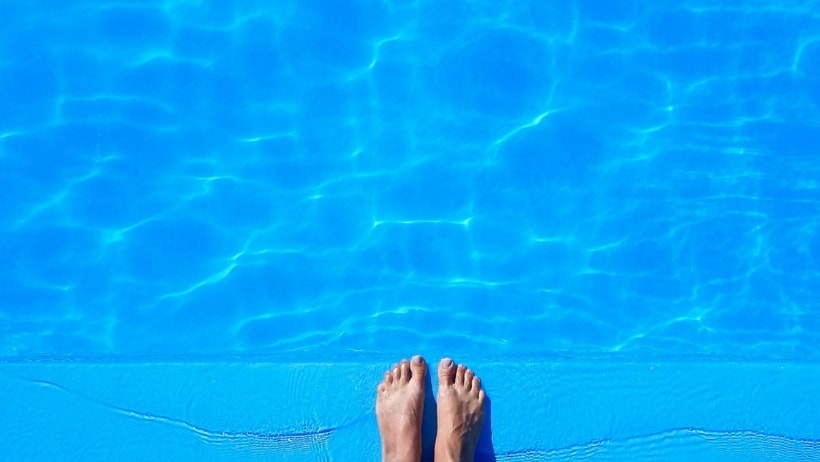As someone who has been in school or working in schools for much of my adult life, I know firsthand there is something simultaneously magical and infuriating about the first day of school. I’m so excited I usually can’t sleep the night before. I jump up awake at 4:00 a.m., ready to go face the day, the year, and the newness of it all. What a blessing to be so eager, so excited to jump feet first into everything that lies ahead. At the same time, when there’s something I’m dreading doing, I tend to sleep really well, confident that I’ll be able to successfully put off or avoid this dreaded task. And that’s typical of life. When we face something fun, exhilarating, or new, we’re often eager to jump in and get started.

This holds true for our Jewish life too. The Torah teaches us that we are expected to rush to do mitzvot as soon as we’re permitted to do them. This is why a bris most often takes place first thing in the morning, and why as soon as Yom Kippur is over we’re supposed to rush home to put up our sukkah. The thrill and excitement of these events propels us forward to eagerly complete our tasks.
This week parshat Ki Teitzei shares a number of laws to govern society. We receive laws about war and taking care of hostages, laws about our clothing, laws about family relationships, parents and children, taking care of the poor and so much more. Ki Teitzeiis actually the Torah portion with the most number of mitzvot within it, but the recurring theme is the desire and ways in which we should execute the mitzvotprescribed to us.
Chapter 21, verse 23 teaches, “You must not let his corpse remain on the stake overnight, but must bury him the same day.” While this verse is talking about someone who is impaled for committing a crime, the sentiment remains true for all our dead. To avoid desecration of the dead, we bury them as soon after the death as possible. However, to honor the dead, burial can be postponed to enable relatives to attend the funeral, or even to allow their organs to be donated.
In the case of a burial, we rush to perform the mitzvah, but obviously we’re not necessarily glad or excited to do it. Here our religious world and our emotional world collide. The beauty of this verse is that we are commanded not only to rush to perform a mitzvah that might not be a happy one, we are also shown the importance of treating each person in our community, regardless of their social status, with the same dignity and respect.
Ours is a feet-first religion. We rush to bury so that we can begin mourning, and we rush to name so we can begin celebrating. The common theme is that Judaism demands that we dive in.
-Rabbi Eve Posen
Source: Feet First – Parshat Ki Teitzei 5776 – Rabbi Eve Posen



